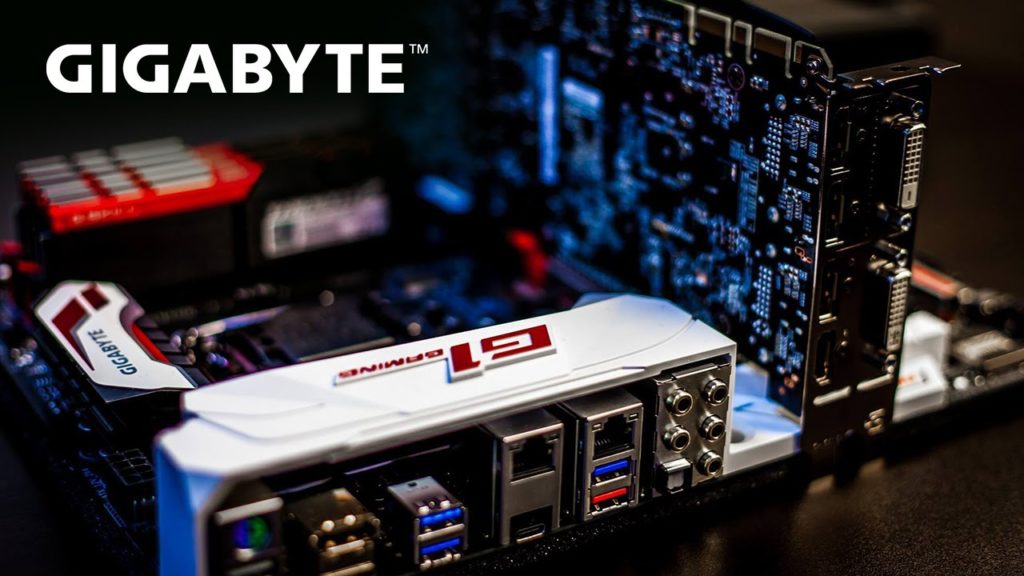Smart NPCs Are Now Alive: How AI Enhances Non-Player Character Behavior in Games

Have you ever watched Twitch streamers act as if they’re NPCs? Well, let me tell you. In no time, those streamers’ actions will no longer be relevant. But why? Thanks to AI and all of its glory, NPCs are now alive, and they behave just like how humans do. In many games, such as Marvel’s Spider-Man 2 and Red Dead 2, AI has significantly enhanced how NPCs behave. They now have a mind of their own, and they can interact with players in ways that were not possible before.
But one question remains: how does AI enhance non-player character behavior in games? Today, we’re going to talk about how AI is changing the game in the world of NPCs. From adaptive learning algorithms to emotion recognition and enhanced decision-making capabilities, we’ve got a lot to cover. So let’s dive in.
Implements Adaptive Learning Algorithms
 Picture this: you’re playing a game, and you encounter an NPC who seems to anticipate your every move. They adapt their strategies based on your gameplay style, making the challenge feel tailor-made for you. How is this possible? The answer lies in the implementation of adaptive learning algorithms. These cutting-edge algorithms enable NPCs to learn and evolve as they interact with players.
Picture this: you’re playing a game, and you encounter an NPC who seems to anticipate your every move. They adapt their strategies based on your gameplay style, making the challenge feel tailor-made for you. How is this possible? The answer lies in the implementation of adaptive learning algorithms. These cutting-edge algorithms enable NPCs to learn and evolve as they interact with players.
With adaptive learning algorithms, smart NPCs can analyze player choices, identify patterns, and adjust their behaviors accordingly. By continuously observing and adapting to player actions, these intelligent NPCs create a dynamic gaming experience like never before. But how?
Revolutionizes Natural Language Processing
The answer is how the developers behind it significantly improve their NLP. With the advent of advanced NLP algorithms, game developers can now create dynamic and lifelike interactions between players and NPCs. These intelligent systems enable NPCs to understand and interpret player input in a more nuanced manner. Instead of simply matching keywords or phrases, they can now grasp context, intent, and even emotions behind player statements. This leads to more engaging conversations that feel truly unique for each individual player.
Furthermore, this enhanced NLP allows for more natural speech patterns from NPCs. They can generate responses that flow seamlessly in conversation rather than sounding robotic or scripted. The result is a much more immersive gaming experience that blurs the line between reality and virtual worlds.
Enables Emotion Recognition
Moreover, thanks to AI technology, various human-like emotions can be recognized and expressed by non-player characters (NPCs) in video games. With emotion recognition algorithms integrated into game development systems, NPCs can detect and respond to players’ emotional cues. This breakthrough has revolutionized the gaming experience by creating more immersive worlds where interactions feel genuine and dynamic. By analyzing facial expressions, body language, tone of voice, and even physiological signals like heart rate or sweat levels through sensors or cameras, AI-driven NPCs can gauge players’ emotions accurately. Whether it’s joy after completing a difficult task or frustration from failing repeatedly at a challenge, NPCs adapt their behavior accordingly.
Enhances NPC Decision-Making
One of the most impressive advancements AI brings to NPC behavior is enhanced decision-making capabilities. Traditional NPCs often followed pre-determined scripts and lacked adaptability. However, with AI algorithms at work, NPCs can now analyze complex situations in real time and make decisions based on their assessment. These adaptive learning algorithms allow NPCs to learn from previous encounters and adjust their strategies accordingly. They can observe player behaviors, anticipate future moves, and respond dynamically. Moreover, AI enables NPCs to consider multiple variables simultaneously when making decisions.
With each passing year comes further progress in developing smarter NPCs that provide truly immersive experiences for gamers worldwide. The seamless integration of AI into games has opened up countless possibilities for creating dynamic storylines filled with intriguing choices that impact both gameplay outcomes as well as character development paths – ultimately leading us towards ever-evolving virtual worlds where anything can happen.



